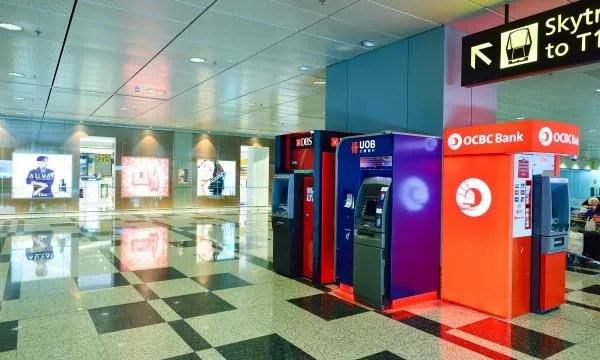
Singapore banks ace environment sustainability survey
DBS, OCBC, and UOB have banned financing of new coal-fired power plants.
Singapore’s DBS, OCBC and UOB have been lauded in a WWF report for having been amongst only 4 out of 35 in ASEAN banks meeting environmental targets.
Of the 35 banks assessed, only the three banks and Thailand’s Kasikorn Bank fulfilled at least half of the 70 criteria and 51% of the banks fulfilled less than a quarter of the criteria. For example, they prohibited the financing of new coal-fired power plants.
However, there is still progress with 74% of the banks making some improvement compared to last year.
A DBS and UNEPFI study estimated the demand for green investment to be $4.15t (US$3t) from 2016 to 2030 in sectors such as infrastructure, renewable energy, energy efficiency, food, agriculture and land use. Meanwhile, 51% of banks that offer green financial products have mostly focused on renewable energy, there remains a huge financing gap in the other sectors.
Only 9% of banks have developed a strategy to manage climate-related risks or conducted climate-risk assessments. Meanwhile, the central banks of Malaysia, Singapore and Thailand have joined the Network for Greening the Financial System (NGFS), which is recommending central banks and supervisors to better integrate climate-related risks into financial stability monitoring.
By the end of the year, 7 banking associations of regulators in ASEAN will have issued sustainable banking guidelines.
Banks are also laying the foundations for good governance of ESG issues with 57% of banks having senior management oversight of ESG issues, nearly half of which have additional responsibilities over climate-related risks and opportunities. For example, only 14% of banks require their clients to commit to international sustainability standards for their sector policies.
91% of ASEAN banks continue to finance new coal fired power plants and increase their exposure to climate related transition risks such as carbon taxes and significant improvements in renewable energy technology.
SUSBA finds that only 9% of banks have no-deforestation policies, despite being home to some of the world’s deforestation hotspots in Greater Mekong, Sumatra and Borneo.
Despite climate change resulting in Southeast Asia suffering from more intense and frequent water-related disasters, ASEAN banks are also not adequately managing water-related risks. Just 17% of banks recognize water risk and none require clients to conduct water risk assessments.








![Cross Domain [Manu + SBR + ABF + ABR + FMCG + HBR + ]](https://cmg-qa.s3.ap-southeast-1.amazonaws.com/s3fs-public/styles/exclusive_featured_article/public/2025-01/earth-3537401_1920_4.jpg.webp?itok=WaRpTJwE)
![Cross Domain [SBR + ABR]](https://cmg-qa.s3.ap-southeast-1.amazonaws.com/s3fs-public/styles/exclusive_featured_article/public/2025-01/pexels-jahoo-867092-2_1.jpg.webp?itok=o7MUL1oO)









 Advertise
Advertise


